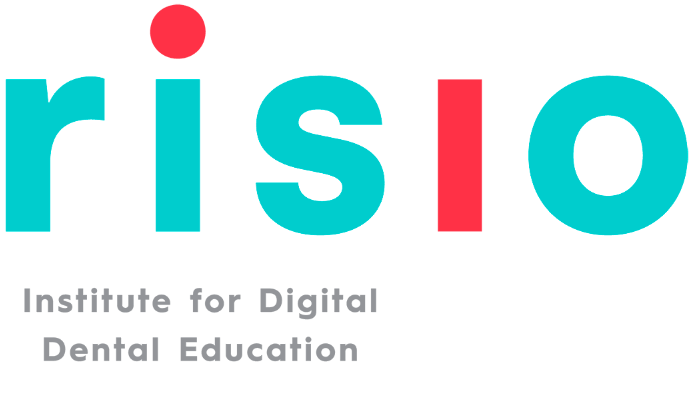Summary of Key Points:
- Different specializations help dental assistants take on more responsibilities in their practices and gain valuable skills that improve their career prospects.
- Popular specializations for dental assistants in Canada include Orthodontic Assistant, Endodontic Assistant, Pediatric Dental Assistant, Oral Surgery Assistant, and Periodontal Assistant.
- Risio Institute provides in-depth training for dental assistants that addresses a wide range of responsibilities and duties. This kind of training is an excellent way to build a strong foundation for your career as a dental assistant so that you can pursue additional skills and knowledge with confidence.
Dental assistants play a crucial role in dental offices, supporting the dentists and dental hygienists in delivering quality patient care. They perform a wide range of clinical and administrative tasks, but some duties can only be performed by dental assistants who have training in a particular specialization. Learning more about these areas and what they require is a great way to plan out how you’ll develop your career in dental assisting so that you can keep growing in your field.
Risio’s Dental Assistant Distance Diploma Program helps prepare graduates to succeed no matter where they land in their career, so we know all about what’s needed to pursue various specializations. Read on to learn about some of the most important specializations and what you should consider when choosing one.
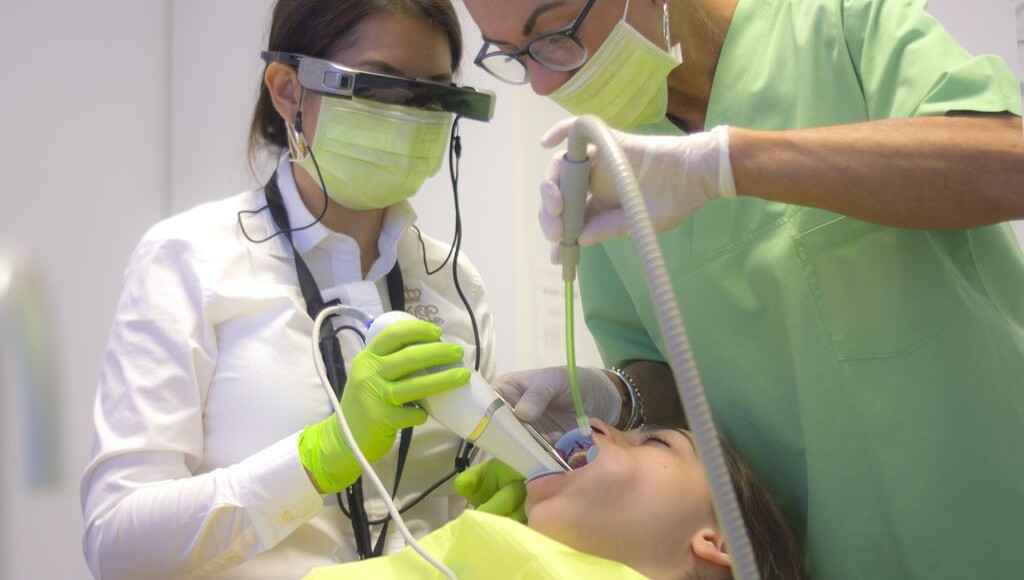
Via Unsplash.
What Are the Most In-Demand Specializations for Dental Assistants?
Some of the most popular and sought-after specializations for dental assistants include:
- Orthodontic assistant
- Endodontic assistant
- Pediatric dental assistant
- Oral surgery assistant
- Periodontal assistant
Each of these specializations involves specific duties and requires a unique set of skills. Here’s a quick breakdown of their responsibilities and requirements.
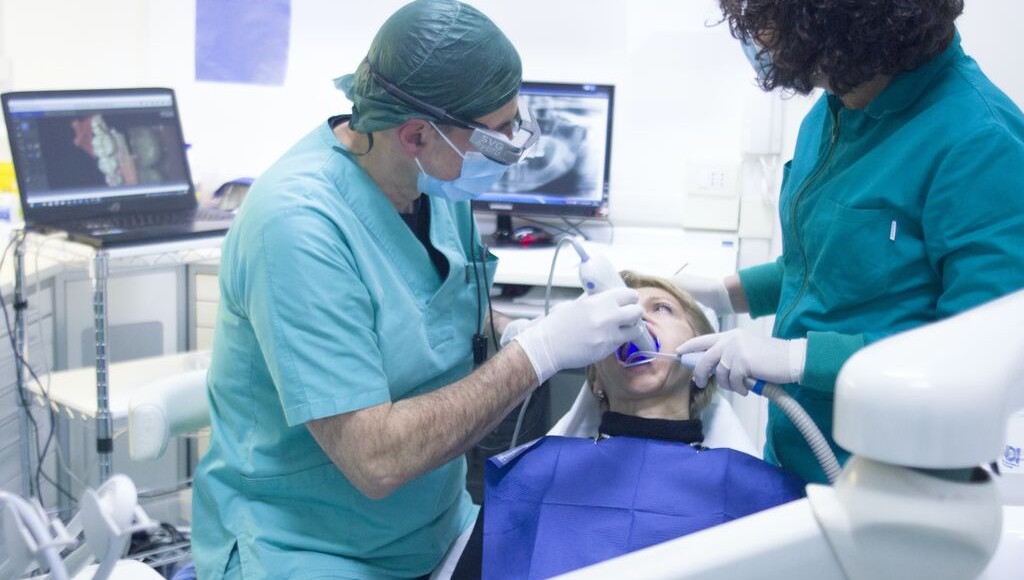
Via Unsplash.
Orthodontic Assistant
An orthodontic assistant works specifically with patients who require braces or other orthodontic appliances. They assist the orthodontist in placing and adjusting braces, taking X-rays, and educating patients about proper oral hygiene during orthodontic treatment.
For success in this specialization, you’ll need excellent manual dexterity, attention to detail, and the ability to work well with patients of all ages. You may also need to take specific training in wire-bending and bracket placements, and earn certifications like an Orthodontic Post Graduate Module.
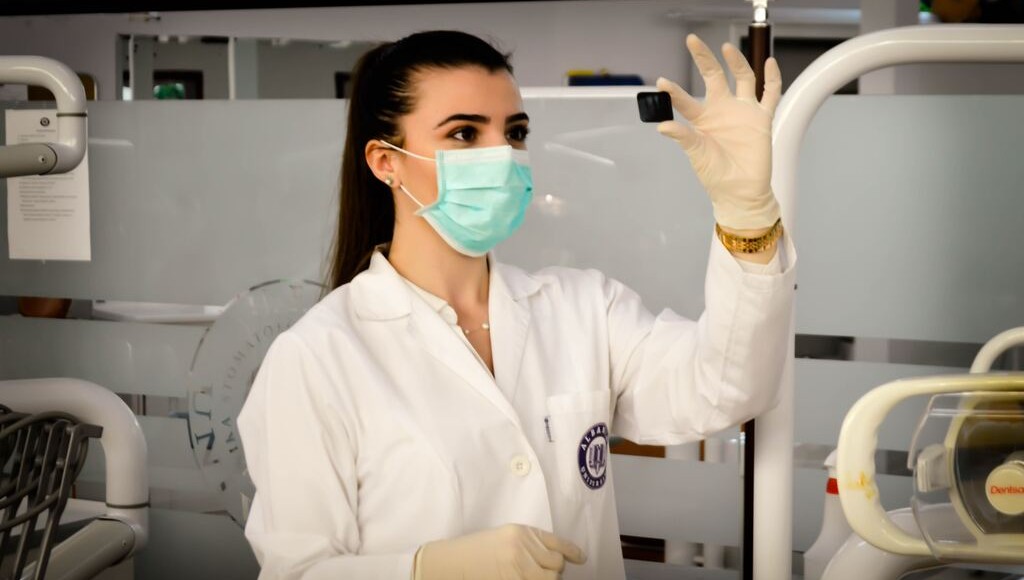
Via Unsplash.
Endodontic Assistant
An endodontic assistant works alongside an endodontist, who specializes in treating diseases and injuries to the dental pulp (the soft tissue inside teeth). Their duties may include assisting in root canal procedures, taking X-rays, and preparing and sterilizing instruments.
To succeed in this specialization, you must have excellent organizational skills, attention to detail, and the ability to work well under pressure. You’ll receive training for this specialty and many others on this list in Risio’s Dental Assistant Distance Diploma Program, which will allow you to work in a variety of specialty clinics.
Pediatric Dental Assistant
A pediatric dental assistant works specifically with children, assisting the pediatric dentist in providing oral health care to infants, children, and adolescents. Their duties may include taking X-rays, performing prophy and fluoride, and educating parents and children about proper oral hygiene.
To succeed in this specialization, you should have excellent communication skills, patience, and the ability to work well with children. You might also need to train in child behavior management, age-appropriate communication, and assisting with dental care for children with special needs.
Oral Surgery Assistant
An oral surgery assistant works alongside an oral surgeon, who specializes in treating diseases, injuries, and defects in the head, neck, face, jaws, and hard and soft mouth tissues. Their duties may include assisting in surgical procedures, managing patients’ post-operative care, and preparing and maintaining surgical instruments.
Organizational skills, attention to detail, and the ability to work well under pressure are all fundamental skills for this specialization. All RDAs working alongside an oral surgeon also require a post graduate module called Sedation Assistant Certification, which is offered at the University of Alberta.
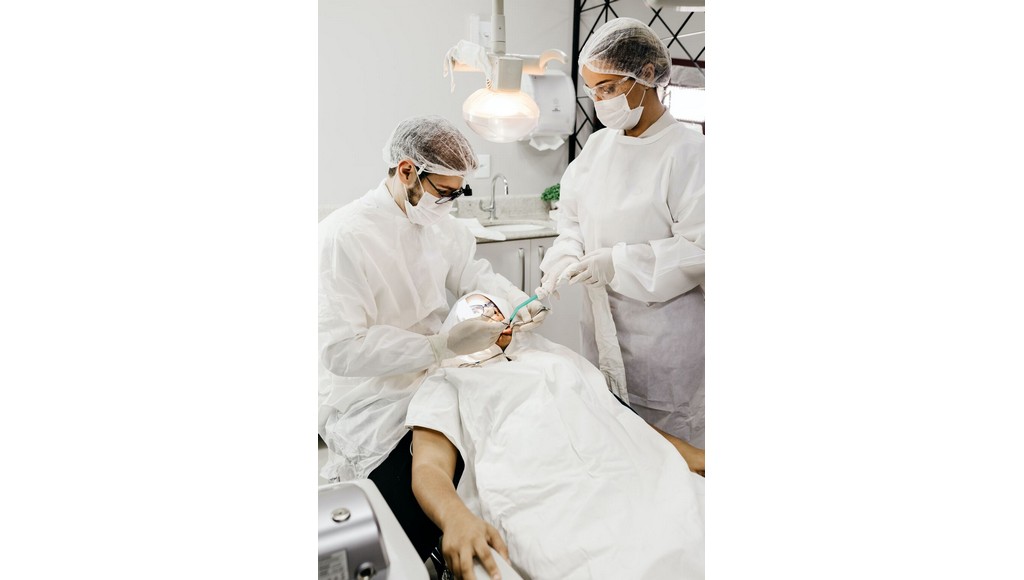
Via Unsplash.
Periodontal Assistant
A periodontal assistant works specifically with patients who have gum disease or other conditions affecting the structures supporting the teeth. They assist the periodontist in treating and managing these conditions, which may include applying antimicrobial agents and educating patients about proper oral hygiene.
Dental assistants who have a Preventative Dentistry Module (a post graduate module offered at SAIT) may also participate in scaling and root planing (deep cleaning). To succeed in this specialization, one must have excellent communication skills, attention to detail, and the ability to work well with patients of all ages.
How to Build Your Career as a Dental Assistant
If you’re interested in building your career as a dental assistant, there are several steps you can take to achieve your goal. Here are some steps to get you started:
- Obtain the necessary education and training: Training is vital for success as a dental assistant, since it provides a solid foundation you can build on with various specializations and gives you access to professionals whose knowledge and connections can help you grow faster. You can apply to train for a career in dental assisting with Risio Institute here.
- Gain experience: Look for opportunities to gain hands-on experience in dental assisting. You can do this by working at a dental office or completing an internship while you study to become a dental assistant. Risio’s curriculum is specifically designed so that you can work during your studies, earning valuable hands-on experience (and money!).
- Network with professionals in the field: Attend dental conferences, seminars, and other events to meet professionals in the field and learn about job opportunities. Join professional organizations to network with other dental professionals and stay up-to-date on the latest developments in the field.
- Continue your education: stay up-to-date on the latest advances in dental technology and techniques by continuing your education. Attend seminars and workshops, read industry publications, and participate in online training programs to enhance your knowledge and skills.
- Develop your soft skills too: In addition to specific training for different specializations, dental assistants need to have excellent communication skills, attention to detail, and the ability to work well under pressure. They also need to be able to multitask and work efficiently in a fast-paced environment. Learn more about the people skills dental assistants need here.

Via Unsplash.
Following these steps makes building a successful career as a dental assistant much easier. With dedication, hard work, and a passion for helping patients, you can make a meaningful impact in this exciting field.
Dental assisting is a rewarding career with many opportunities for specialization. By choosing one that aligns with your interests and strengths, you can bring more value to your practice and make yourself more versatile in your role. Find out how Risio’s training can help by contacting us to learn more about our program today.
